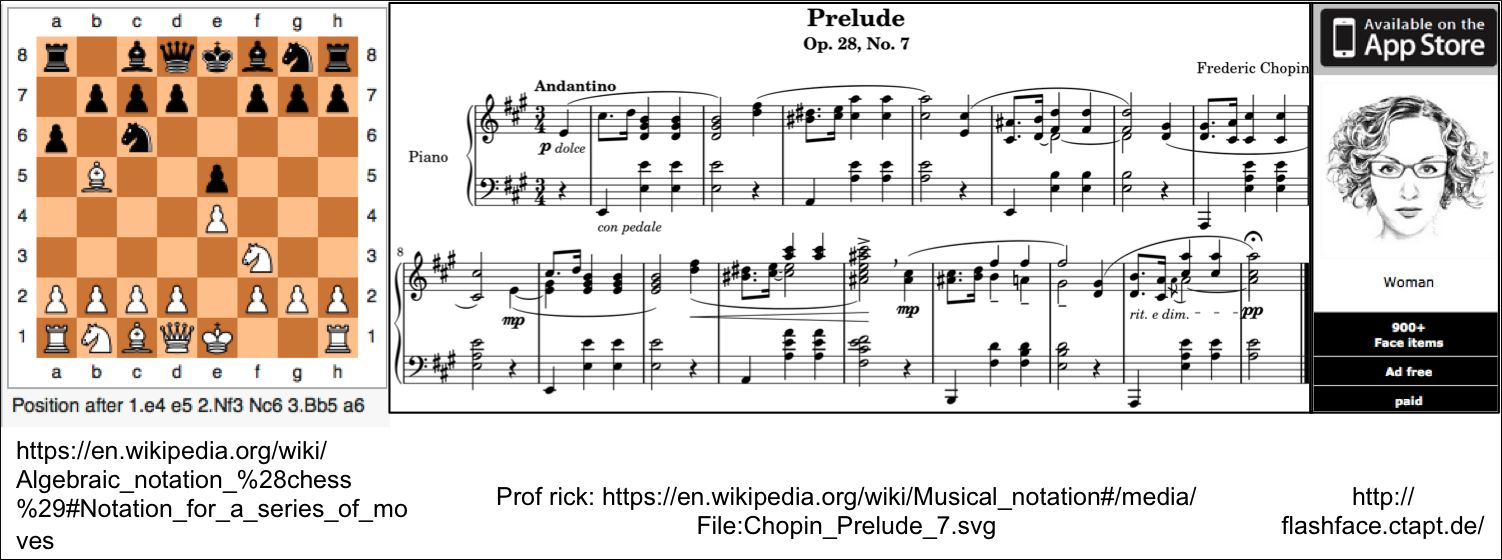 Three different types of notational systems
Three different types of notational systems
Is Tacit Knowledge Communicable?
Abstract
In this paper, we will present some ideas on how informal learning could be communicated. Within today’s fast changing society, most of our competences predominantly result from an on-going process of experiential learning at our workplace and in other day-to-day activities. So-called expert knowledge is not acquired or constructed in the short time span of our formal or non-formal learning career (school, studies) but during all our (life) activities in which we try to find solutions to challenges. Therefore, this kind of knowledge is not the outcome of arrangements that are particularly oriented to the intention of learning, but is a spin-off or side effect of intrinsically meaningful actions for all persons actively involved in these situations. This leads to the problem, that learners are often unaware of the significance, the depth or the variety of their informal learning. – But how can we judge this kind of personal knowledge in a reproducible and comparable way? We need a theoretically sound procedure to validate informal learning. The validation of informal learning plays an important role when it comes to lifelong learning, as informal learning through the people’s professional, social and personal lives needs to be recognized. Successfully implemented validation procedures could act as the missing link between informal workplace learning and formal education and training. In this article, we propose the model of validation used at the University of Chester, considering it to be a useful approach to capture tacit knowledge through reflecting on practical learning experiences. – As a concrete example, we have chosen the professional field of teaching, as this is where we are most experienced and thus more able to substantiate our theoretical claims.